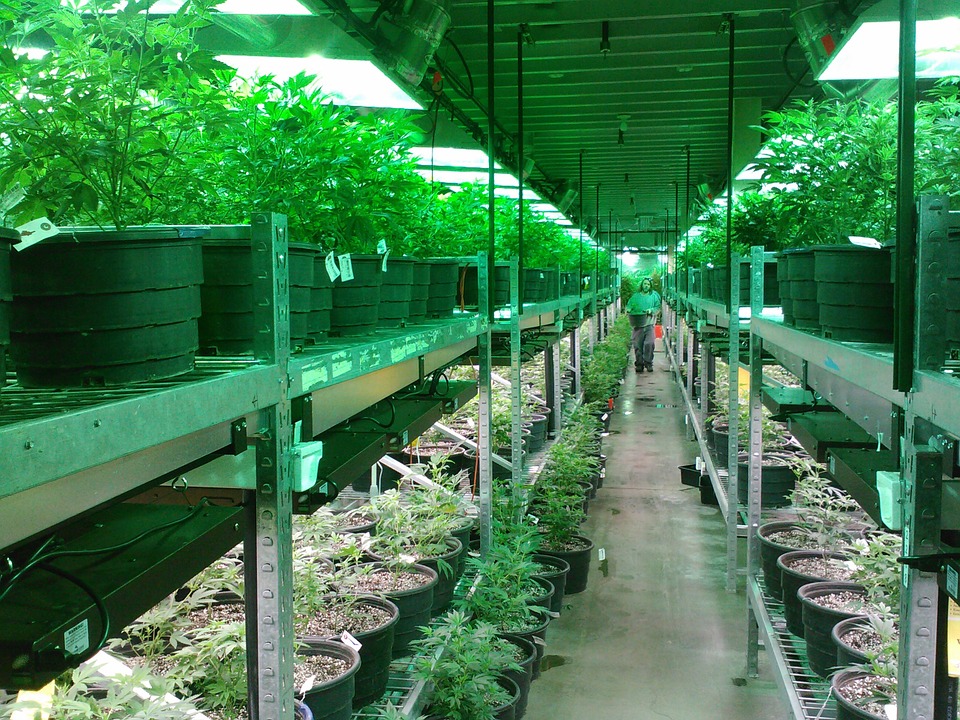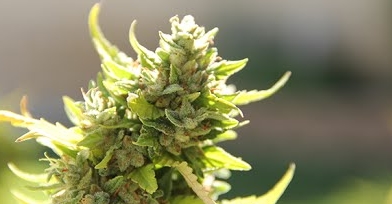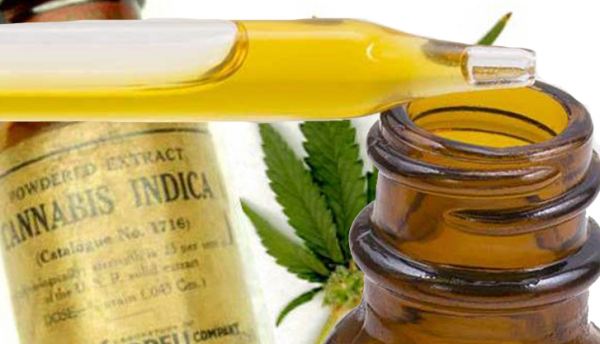14 years of rising opioid deaths in Colorado REVERSED after marijuana was legalized
10/19/2017 / By JD Heyes

As the country and lawmakers in Washington continue to debate the merits (and legality) of marijuana, the state of Colorado has made a startling discovery: The quasi-legalization of recreational pot use there has had a dramatically positive effect on the rate of opioid deaths.
As reported by Reason Magazine, since the legalized sale of recreational marijuana began in January 2014 after voters in the state approved a measure permitting it (recreational use still remains against federal law, however), the state has witnessed a 6.5 percent fall in opioid deaths.
Research published in the American Journal of Public Health revealed the findings, which are sure to animate advocates for wider legalization of recreational marijuana as well as those, perhaps, who are working to bring the current opioid epidemic under control.
“Legalization of cannabis in Colorado was associated with short-term reductions in opioid-related deaths. As additional data become available, research should replicate these analyses in other states with legal recreational cannabis,” the researchers concluded after studying and analyzing the opioid death rate in the state between 2000 – 2015.
“That suggestions yet another argument for marijuana legalization,” argued Reason, a libertarian publication that has long advocated for the issue. “Pot might stem and even reverse some of the trends unleashed by America’s decades-long drug war.”
Actually, one of the biggest causes of the current opioid epidemic is the modern medical system and Big Pharma. For years pharmaceutical firms have pushed the habit-forming pain medications and doctors over-prescribed them (like antibiotics) to the point where the federal government had to step in and regulate their sales.
Having said that, Reason does make this valid point: The federal government may well have also been complicit in the rise of the opioid epidemic, having stymied deeper research into the pain-killing qualities of marijuana.
That dearth of research, and the government’s inability to stave off the epidemic is probably what is driving President Donald J. Trump to continue the government’s “get tough” approach to controlling opioids, the magazine reported. The administration looks set to declare the epidemic a “national emergency,” which Reason believes will only worsen the problem:
A shift in attitudes can go a long way to combat opioid use in a way that strong-arms tactics never can.
Washington was the first state to outright legalize recreation marijuana use in 2012, but the first pot shops did not open until July 2014. Since that time recreational marijuana use has occurred in Alaska, Oregon, California, Nevada, Maine, and Massachusetts, and via the legislature in Vermont.
However, none of these states have as yet sold marijuana recreationally for as long as Colorado, but the effects of having easier access to legal marijuana on the opioid death rate has nevertheless been examined before. A study published in the Journal of the American Medical Association in October 2014 found that between 1999 and 2010, states with laws permitting the sale and use of marijuana for medical purposes had an almost 25 percent lower “mean annual opioid overdose mortality rate” than states that did not permit medical use of cannabis.
“Because chronic pain is a major indication for medical cannabis,” said those researchers, “laws that establish access to medical cannabis may change overdose mortality related opioid analgesics in states that have enacted them.”
The current opioid epidemic has been labeled the worst drug crisis in American history. The death rate is now rivaling that of the AIDS epidemic in the 1990s, with overdoses from opioid ingestion now killing some 27,000 people per year.
In fact, as Natural News founder/editor Mike Adams, the Health Ranger, has noted often, Big Pharma is the biggest killer of Americans each year than anything else. As for overdoses, they are now killing more Americans each year than automobiles. (Related: Keep track of Big Pharma-related deaths in real time at PharmaDeathClock.com.)
J.D. Heyes is editor of The National Sentinel and a senior writer for Natural News and News Target.
Sources include:
Tagged Under: addiction, Big Pharma, death rate, legalized marijuana, marijuana, opioid addiction, opioid epidemic, overdose, overdose deaths


















